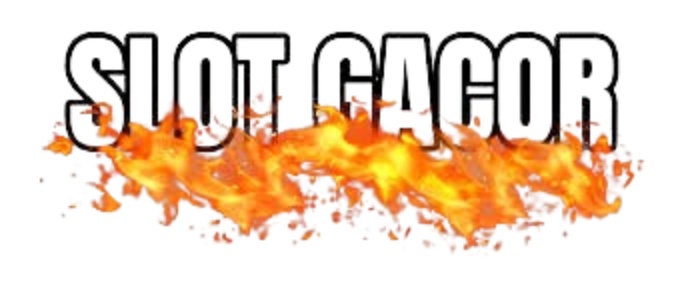Slot 2025 ® Situs Slot Gacor Resmi 2025 Terbaru & Terpercaya Hari Ini Maxwin
Daftarkan diri anda untuk bermain di slot 2025 terbaru dan terpercaya hari ini yang merekomendasikan slot gacor 2025 resmi dengan keuntungan besar malam ini mudah maxwin.
-
Smart Speakers
-
With Screens
-
Alexa on the go
-
Kindle E-Readers
-
Video Doorbells
-
Security Cameras
-
Accessories
-
Wi-Fi 5
-
Wi-Fi 6
-
Wi-Fi 7
Customer reviews
5 out of 5
stars
5
out of 5
166.168 global ratings
-
Top reviews
Top reviews
There was a problem filtering reviews right now. Please try again later.
Reviewed
on 10 March
2025
Mkasih min dapat info bocoran game slot gacor terbaru
Reviewed
on 1 March
2025
Jackpot besar bermain game slot gacor terbaru hari ini
Reviewed
on 31 Februari
2025
Tempat maen game slot gacor cuman ada disini sii member lama masih di kasih menang



